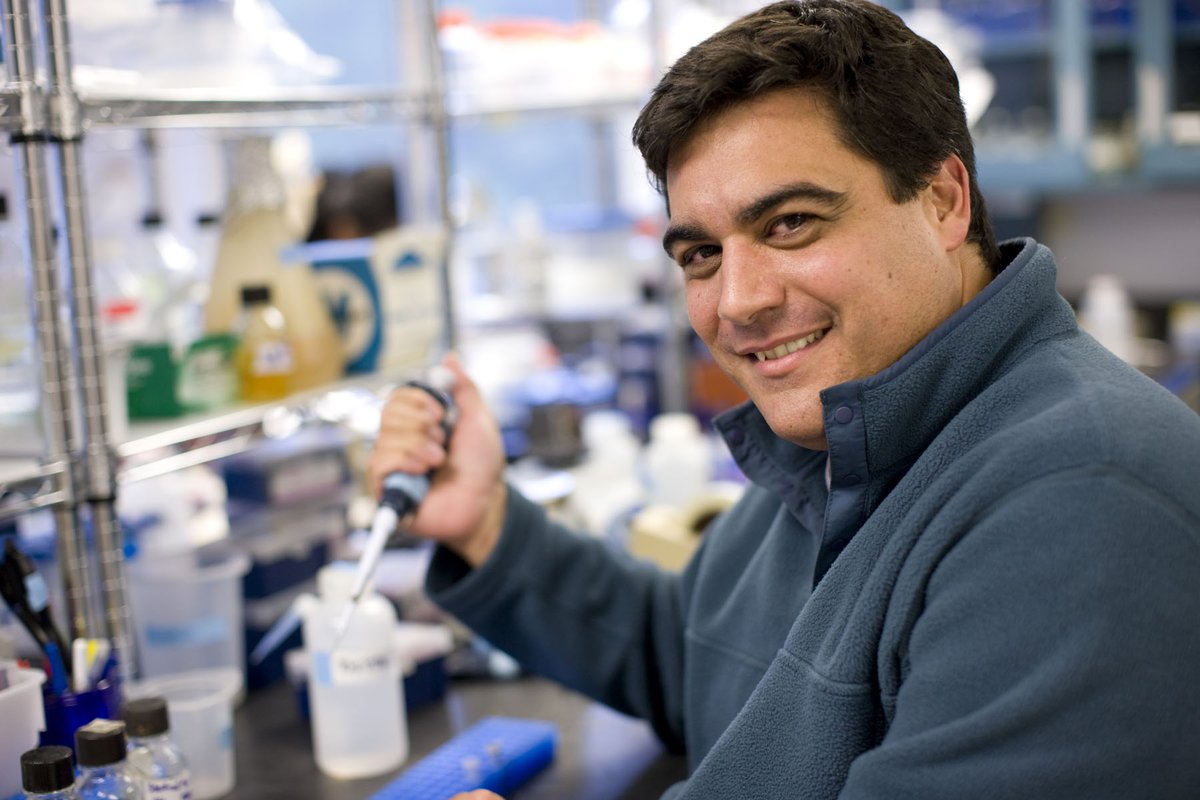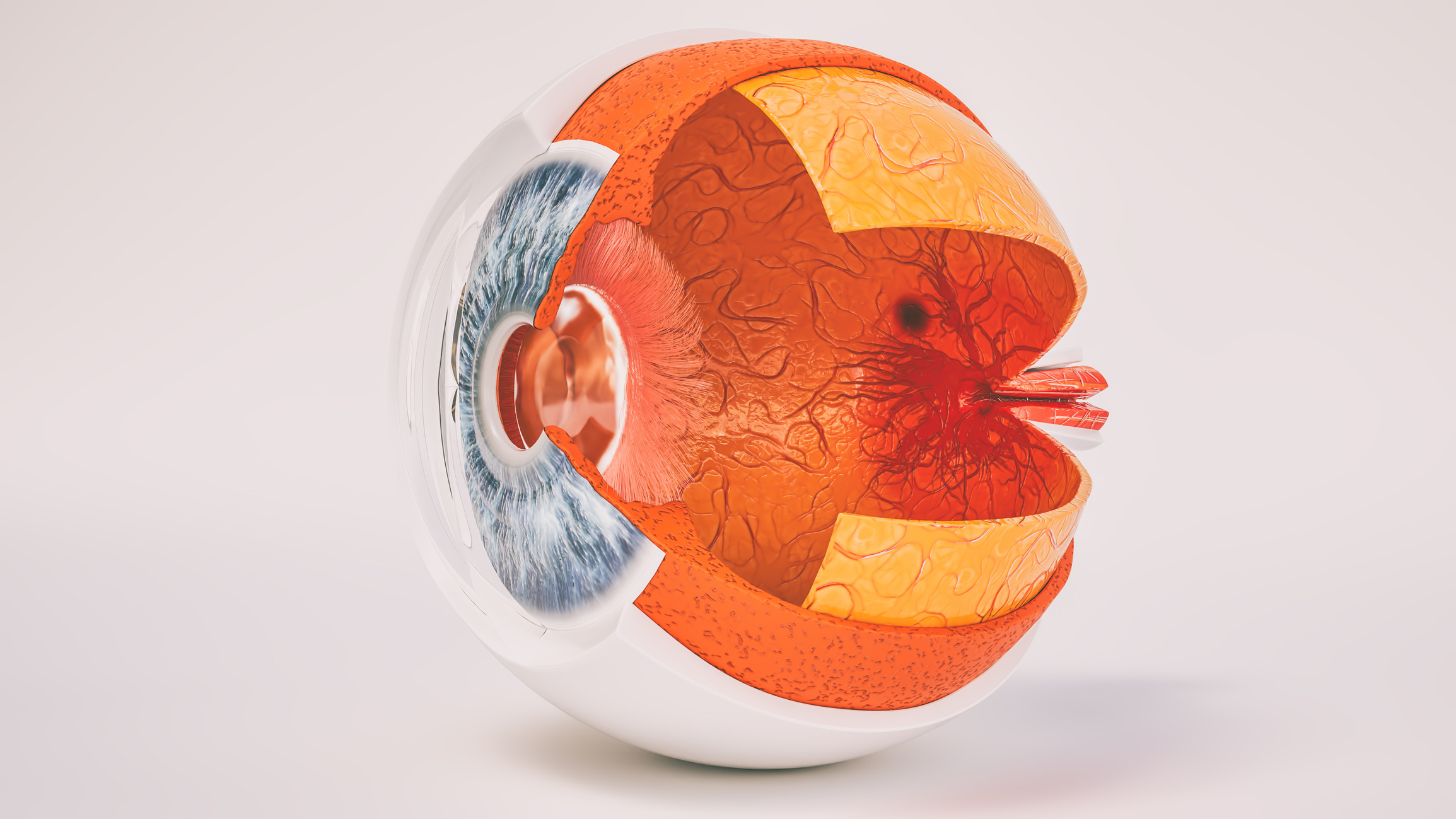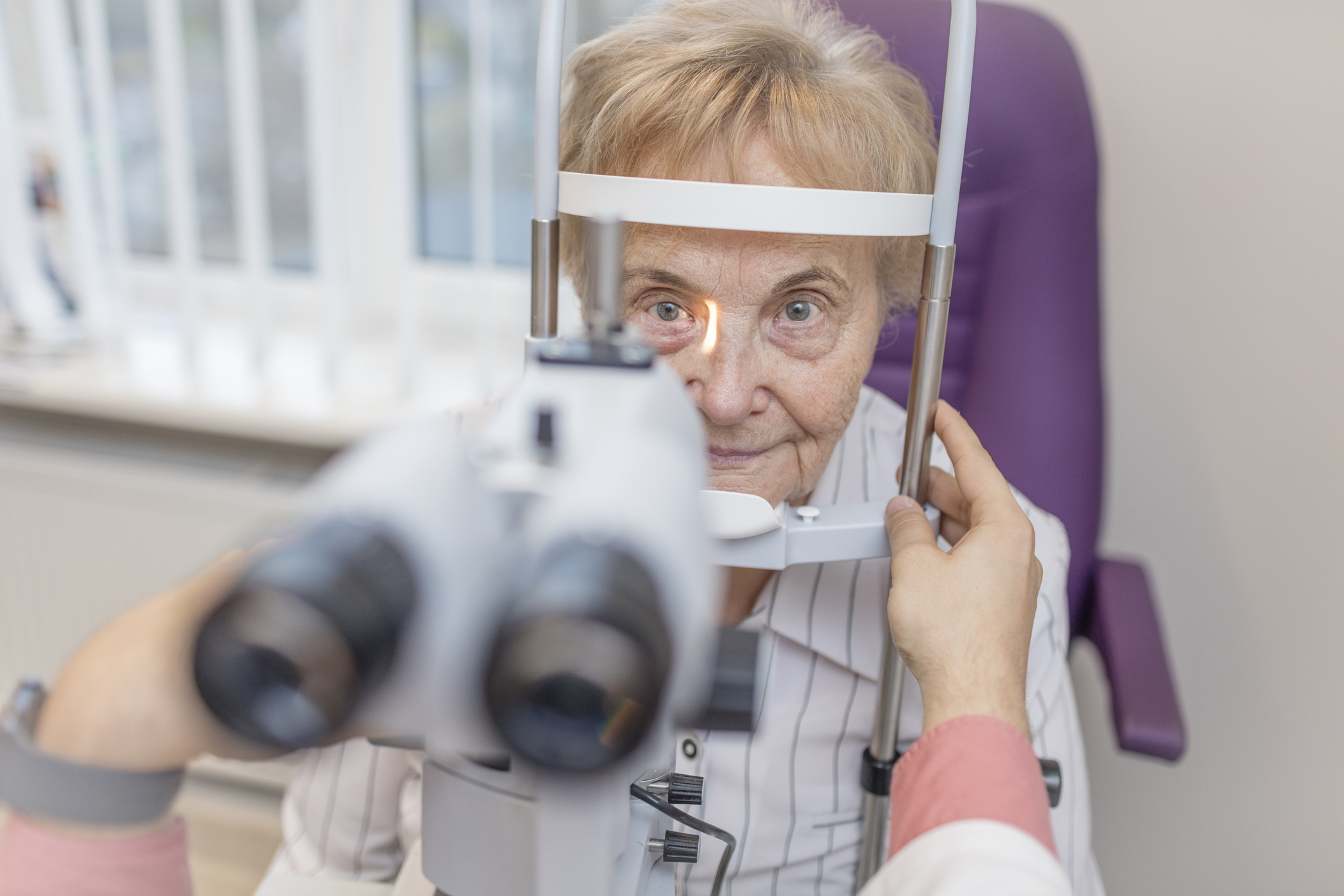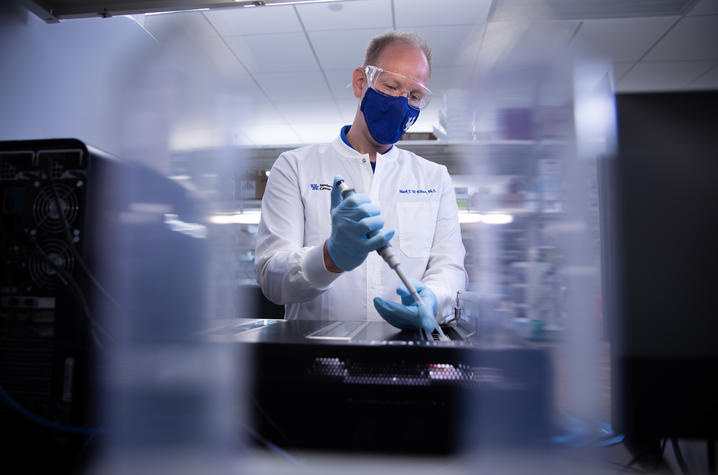Apply for a Research Grant
BrightFocus provides research funds for U.S. domestic as well as international researchers pursuing pioneering research leading to greater understanding, prevention, and treatment of Alzheimer’s disease, macular degeneration, and glaucoma.
Alzheimer’s Disease Research Request for Proposals →
Macular Degeneration Research Request for Proposals→
National Glaucoma Research Request for Proposals→
To start a new application and upload attachments, you must use our ProposalCentral application portal to apply online. Note: Your organization must be registered with ProposalCentral to apply.
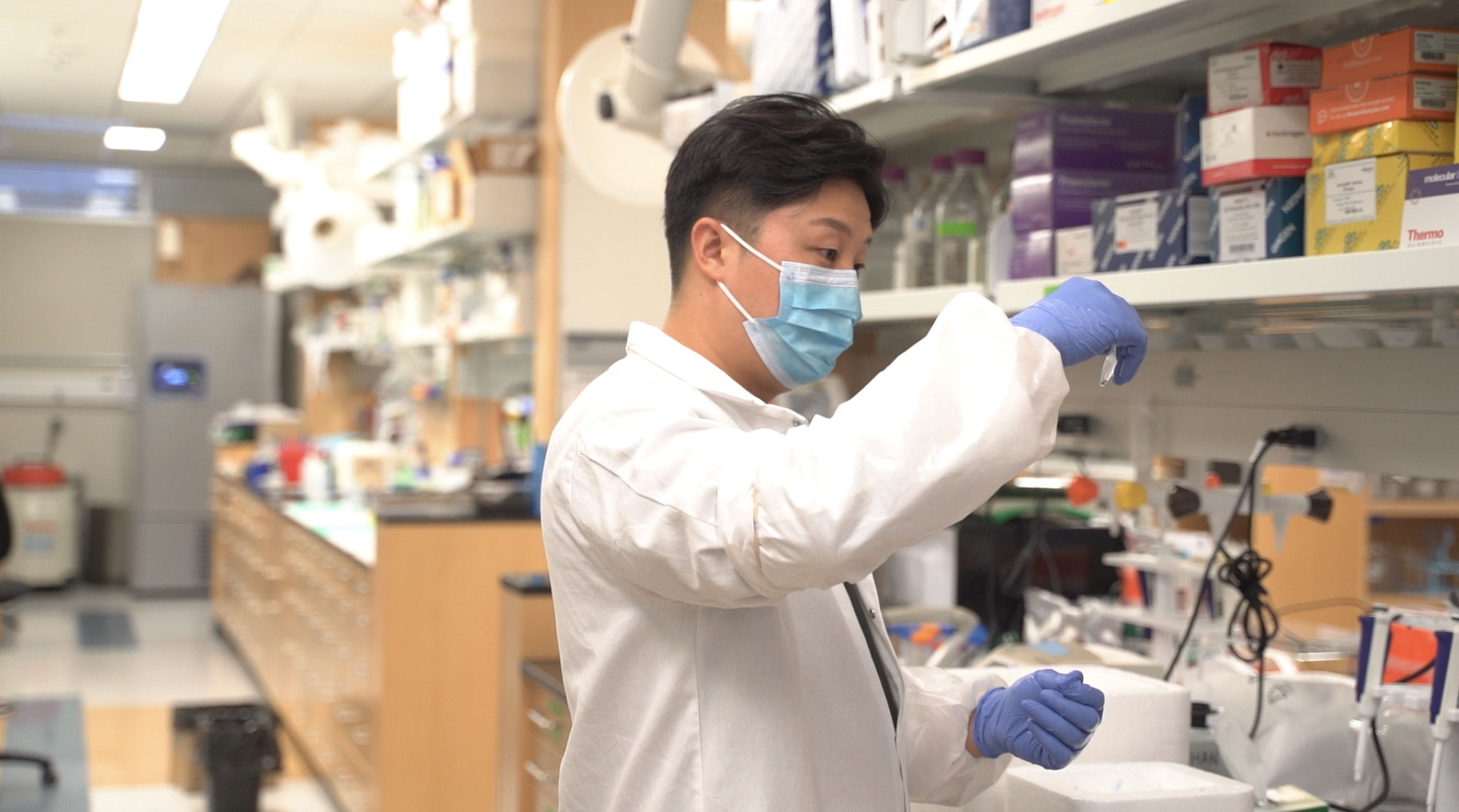
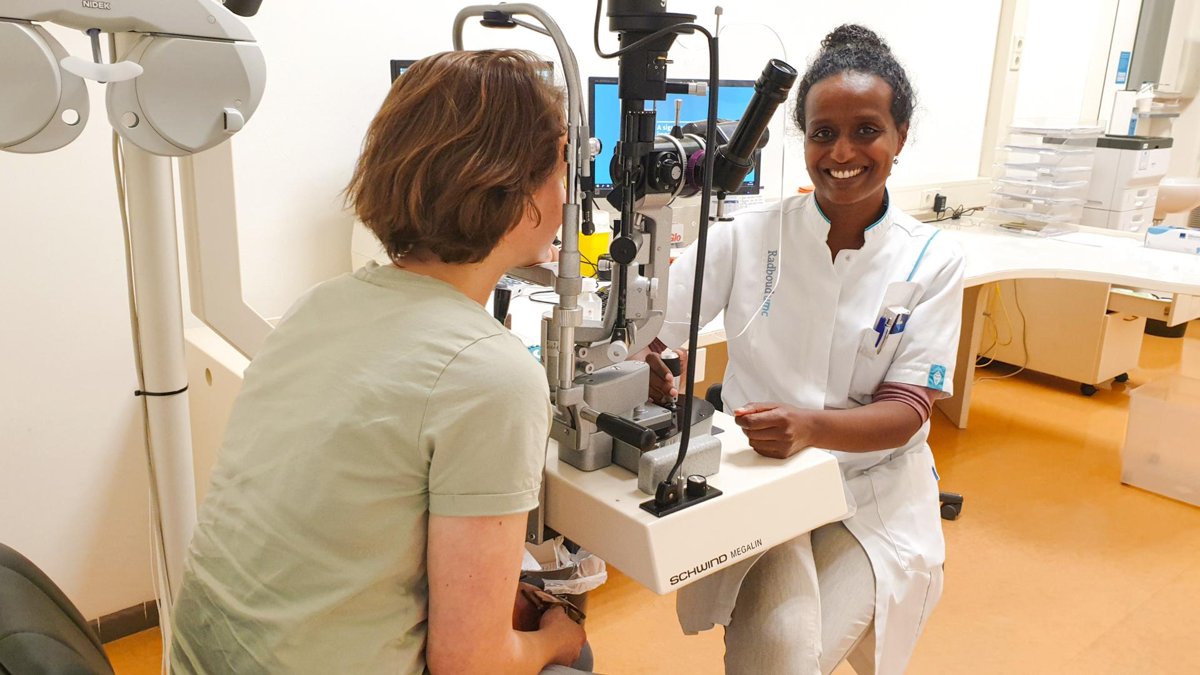
Our Funding Philosophy
It is our firm belief that having the courage to invest in innovative ideas will lead to revolutionary therapies. BrightFocus provides initial funding for highly innovative experimental ideas, including interdisciplinary investigations that may apply to two or three of the BrightFocus disease interests. Most of the awardees use the BrightFocus award funds to demonstrate key findings that lead to later interest and additional funding from industrial or governmental funding agencies.
Grant Application Resources
Frequently Asked Questions
Get answers to applicants’ frequently asked questions, from eligibility to the review process, categorized by each disease program.
Guidelines
Terms & Conditions
